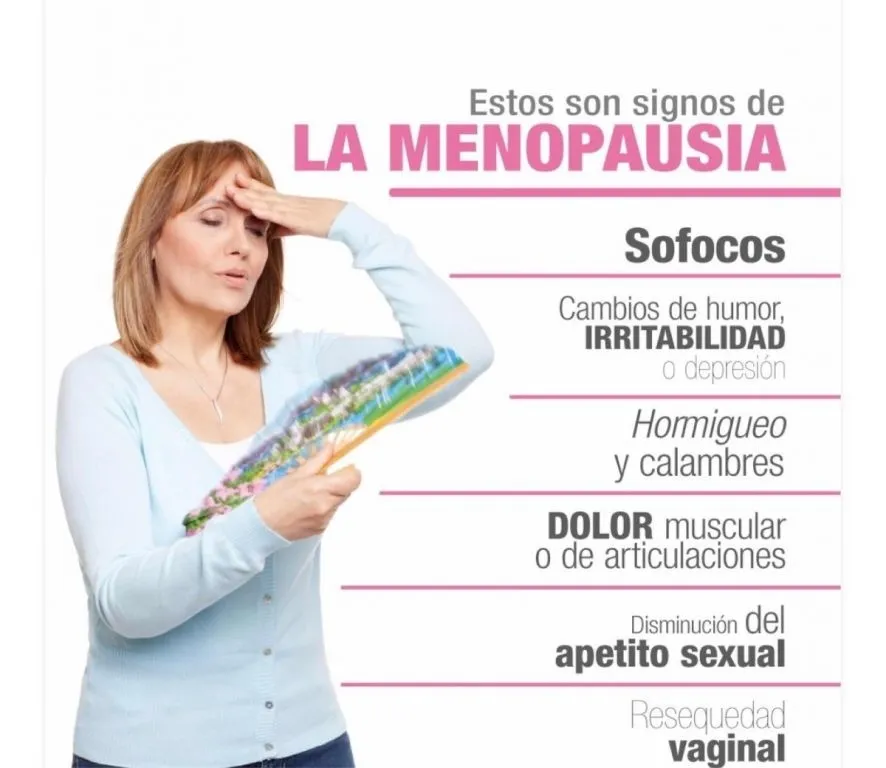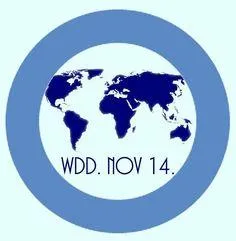Many are the studies that talk about women with diabetes, although it addresses the issue from menopause, that time when it stops menstruating.
What unites diabetes with menopause?Women who pass through the two processes, apparently, and that by suffering the first medical condition they expose themselves to enter the second ahead of time.This is ensured by a new study, published in the Annual Meeting of the American Society of Menopause (NAMS), and whose data includes the result of having followed more than 11,000 women.
What is diabetes and what is menopause?
It should be remembered, first of all, that while one manifests as a pathological clinical condition, the other is a natural process of life, a biological era through which all women pass, or not have diabetes.
Thus, while menopause tends to be noted after 45, when ovaries stop producing estrogen and progesterone, announcing the end of a woman's menstruation stage, diabetes is a disease linked to the lack of insulin andthe excessive presence of glucose in blood irrigation;An evil that can actually afflict anyone, no matter sex or age.
In fact, while diabetes can derive in parallel to other health problems, for many women with diabetes and without it, menopause is one of the most annoying stages of life.And it is that the hormonal changes that generate within the body are manifested in symptoms that can be quite loaded and inopportune.
What is the bond that then unites these two conditions?
While it is true that women with diabetes are exposed to an increased risk of suffering a series of health conditions due to the high blood blood content, as it really happens to any diabetic, basically, this implies that they riskto end up developing heart attacks and strokes, for example, or problems in the eyes and/or feet, themselves, in addition to suffering damage to the kidneys and nerves.
A range of medical consequences to which the scholars of (NAMS have recently added a new possibility, and it is probably in menopause early, if it has become a diabetics before time. An omen backed by the estimates of the incidenceof diabetes, incidentally, which during the last decades has been increasing constantly and unstoppably, reflecting in the current rates of type 1 diabetes, type 2 and gestational.
An increase that results in more and more women aimed at dealing a good part of their reproductive life living with a diagnosis of diabetes.
This is not the first study that addresses the perspective of menopause from a diabetic approach, of course, nor the first research that previously evaluates the risk of developing diabetes following menopause, although this work is unmarked from its homonyms because it treatsto understand the long -term implications of premenopause diabetes in the reproductive health of the female collective, without leaving behind their age in natural menopause.
«Our great retrospective cohort study shows that, even after adjusting the covariables associated with the age of natural menopause, we continue to find an association between the early diagnosis of diabetes and an earlier menopause, and a subsequent diabetes diagnosis with diabetes withA later age in menopause, compared to those that had no diabetes », in the words of the main author of the study, Dr. Vrati Mehra, a member of the University of Toronto, in Canada.
«We hope that our work feels the foundations for greater research in this field to be able to better understand and prevent thelong -term diabetes impacts on the human body and the reproductive system ».
According to this analysis, the early age of the diagnosis of type 1 diabetes, which is currently 40 years old, by the way, is closely linked to a later age in natural menopause;especially when comparing it with women without diabetes.
However, it is necessary to clarify at this point, that the researchers did not find any significant association between gestational diabetes and the age of menopause.
In summary, the conclusions of this work have pushed Stephanie Faubion, doctor and medical director of the NAMS, to emphasize that "this research adds to the growing evidence related to collective toll that diabetes charges in the human body," he said,Concluding the next line that "in this case, it shows that young women living with a diagnosis of diabetes are more susceptible to accelerated ovarian aging and early menopause."




